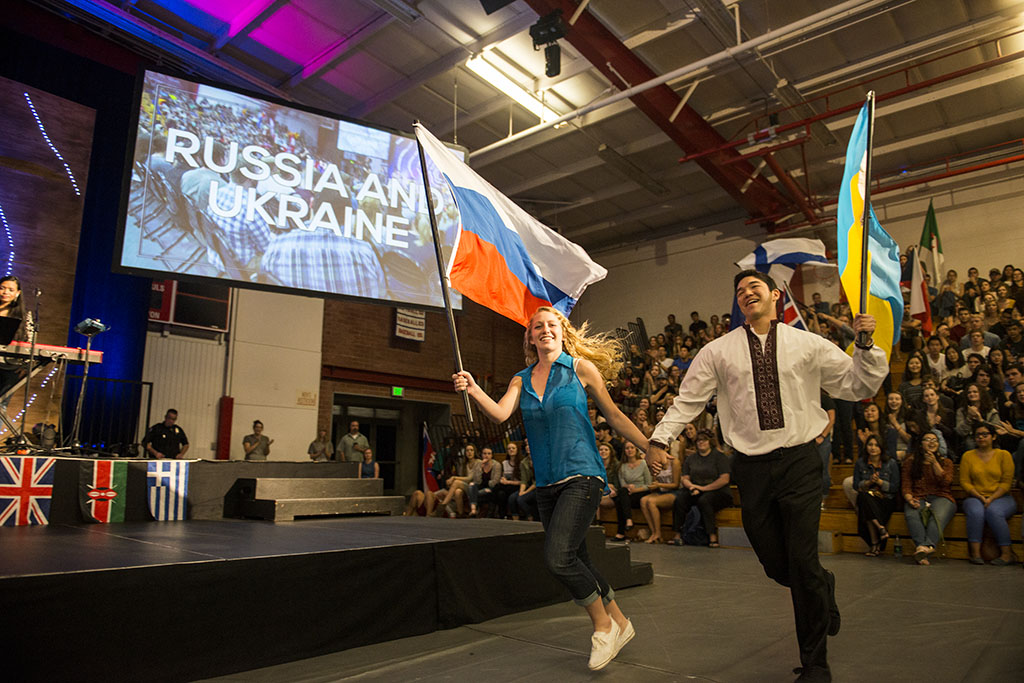
As the first day of Missions Conference 2014 came to a close, students had mixed opinions about the changes to the conference’s format and technology.
MIXED FEELINGS ABOUT CHANGES
“I really enjoyed the new app this year because it was very convenient not to have to carry a piece of paper around, to just be able to pull it up on my phone and map out the sessions I wanted to go to,” said Charles Bryant, a junior communication disorders major. “[It’s] a lot more convenient than previous years.”
A push notification feature was one of the many facets of the Echo 2014 smartphone app. These updates gave conference attendees information throughout the day on everything from overflow sites filling up to reminders about the ethnic lunch.
“We’re trying to be careful with it, so we’re not sending out push notifications every five minutes,” said Missions Conference co-director Cody Nord. “We want to be good stewards of that, so when we send a push notification, it’s actually really important and really cool.”
Some students found the app helpful in planning their schedules.
“I like the new app,” said Stephanie Rowan, freshman music in worship major. “It’s my first Missions Conference, it helped me figure it all out. It’s like a weird Biola Facebook.”
However, others felt the app overloaded users with some features but was too light on others.
“One of the flaws that I noticed is that it doesn’t really tell you which ones you get credits for and how you can get credit,” said sophomore communication studies major Ekko Hendrix. She added that the built-in Twitter and Facebook feed makes the app feel cluttered.
FEWERS SEMINARS CREATES INTENTIONALITY
Another change to this year’s conference was fewer breakout seminars offered. Seminars held in larger locations like Calvary Chapel resulted in students waiting in long lines to get their ID cards scanned.
“It takes a really long time,” Rowan said. “Our session ended late and we all had to scan on the way out, so it took like 20 minutes to get because we got out 10 minutes late and then it took like 10 or 15 minutes for everyone to scan out. So getting to lunch and stuff after that was a little crazy.”
Nord explained that even though the number of seminars has dropped, the number of conference scanners has not changed alongside it. Using the old method, scanners would have to rush from one seminar to another in order to scan everyone out. Under the new method, the inevitable backup creates the illusion to attendees that the old process was faster.
“It was harder on the scanners, but it made it seem easier to everyone else,” Nord said. “It really hasn’t changed all that much, it’s just more apparent now because everyone’s in one place.”
The Student Missionary Union’s philosophy behind having fewer available seminars was based on SMU president Roddy Garcia’s belief that “if everything is important, nothing is important,” according to Nord.
“It came out of our desire to be super intentional with everything we did,” Nord said. “We also were able to invite people with higher positions within organizations.”
Missions Conference 2014 will continue tomorrow with Biola professor Mickey Klink, director of Hume Lake women’s ministry Megan Fate Marshman and Texan pastor Afshin Ziafat.
Augusta McDonnell contributed reporting







